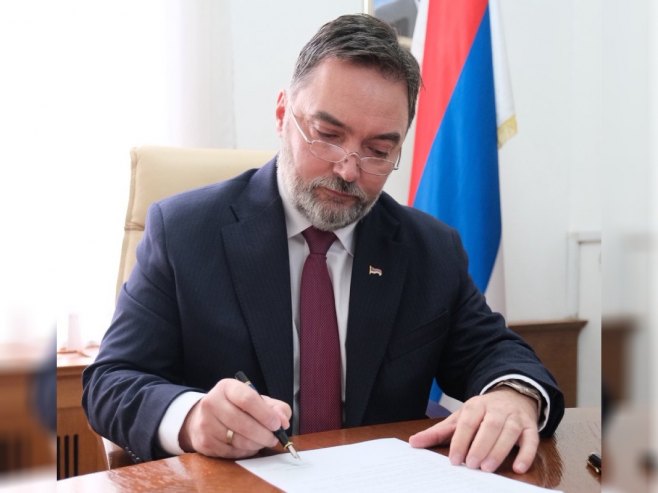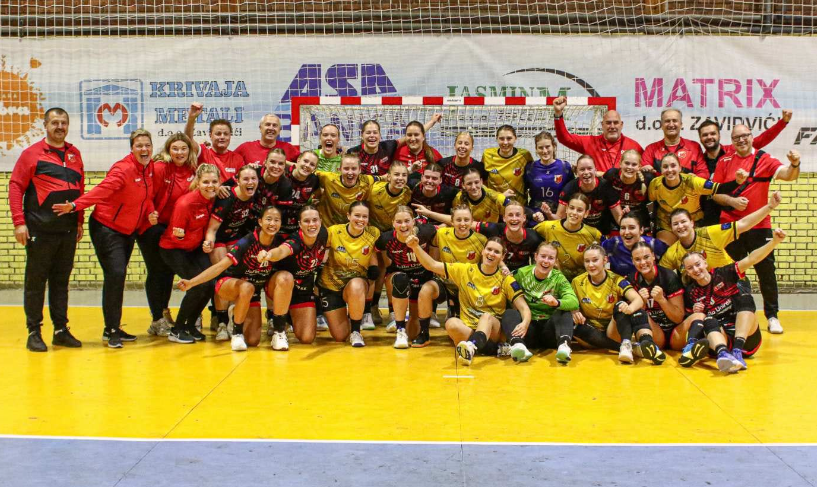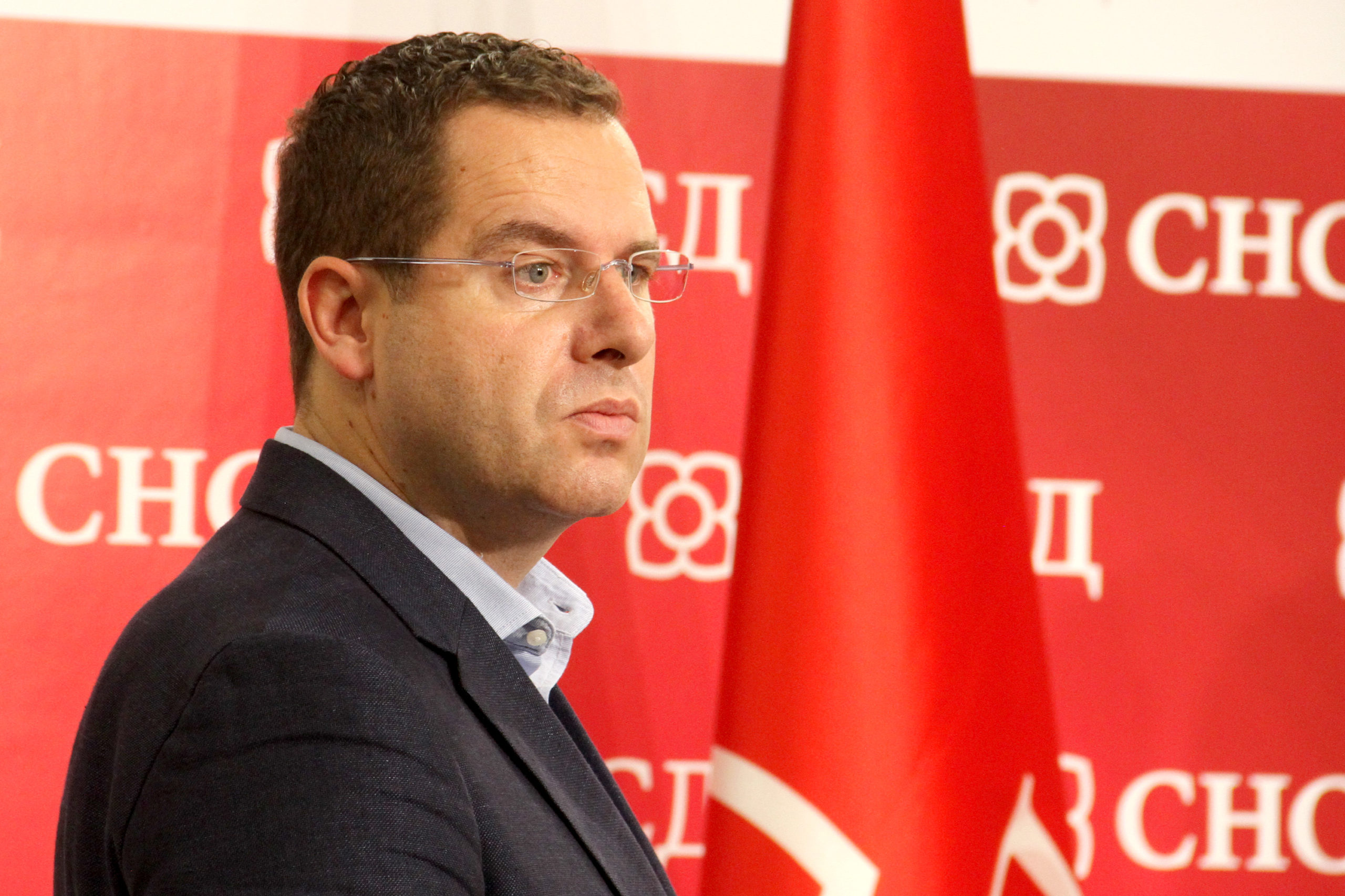I recently participated, at the organizer’s invitation, in a roundtable titled “Rural development from the perspective of youth: sociological, demographic and economic aspects,” held on May 28, 2025, in Trebinje as part of the International Symposium of Agricultural Sciences – AgroRes 2025. Based on what I heard at this important event, I would like to offer a brief sociological reflection on the key themes and challenges discussed.
The rural environment, the village, has traditionally held a central place in our society’s sociocultural and economic life. Historically, villages have been where social norms were shaped, family and community values maintained, and cultural identity transmitted. Today, however, rural areas are undergoing profound transformations driven by urbanisation, migration, globalisation, and social change. In Republika Srpska, rural areas are not only an economic category but also bearers of cultural, historical, and national identity. Yet, due to demographic loss and the increasing migration of young people to cities, villages are losing their role as social integrators. This leads to weakened social cohesion and a disruption of collective identity. Simultaneously, generational renewal has become one of the greatest social and political priorities. Without young families, children, and an active workforce, a village cannot survive as a living, sustainable social organism. Rural areas can offer favourable conditions—affordable land, lower living costs, close connection to nature, and space for innovation and entrepreneurship. If the village is recognized as a place to live, not just to produce, it can become the cornerstone of generational renewal in Republika Srpska.
Although economic factors are often highlighted as the main reason for youth departing villages, research and field insights show that many young people migrate due to a lack of social dynamism, cultural content, and opportunities for personal and professional growth in rural areas. The modernisation of rural spaces is often seen as threatening traditional life. Yet these dimensions are not incompatible. Through agricultural innovation, digitisation of the local economy, development of eco-tourism, and support for creative industries, it is possible to strengthen rural communities and present the village as a contemporary space for development, rather than stagnation or decline.
One of the largest social challenges is changing how villages are perceived. Instead of seeing them as passive, isolated, or dysfunctional, villages should be redefined as spaces for social innovation, creative community life, and active youth participation. In this context, the village gains a new role—not only in cultural and economic renewal, but also in the biological and demographic recovery of society. A successful example is MMA – the Network of Young Agri‑Entrepreneurs, which, with professional and other support from the Centre for Socio‑Political Research of Republika Srpska, through networking, knowledge exchange, and modernising production processes, demonstrates that rural areas can be hubs of social and economic vitality. This network empowers young people to stay in rural areas and build futures based on local resources and global trends.
The modern concept of rural development must rest on decentralised and inclusive approaches. Institutions should not serve merely as providers of financial incentives but also as creators of social policies that encourage active youth participation in local decision‑making. Encouraging examples, such as community initiatives in Šekovići, show that partnerships among young leaders, municipal authorities, and entity institutions can build sustainable rural living models. The Ministry of Agriculture, Forestry and Water Management of Republika Srpska, through youth‑oriented incentive programmes, plays a key role in enhancing village capacities and creating conditions where youth see rural areas as a choice, not a compromise. Sustainable rural development requires a sociological re‑evaluation of the village as a social space. It must be understood as a dynamic, open, and functional environment offering the same opportunities as urban areas—a place where future generations not only live but actively plan their futures.
Without systematic institutional support, youth engagement, and collaboration with local communities, rural areas will remain vulnerable to demographic decline and social marginalisation. However, through social innovation, social mobility, intersectoral cooperation, and strong support for generational renewal, villages can become strategic assets for social development and identity preservation in Republika Srpska.
For all these reasons, the Centre for Socio‑Political Research of Republika Srpska, in line with its mandate, will continue to provide active professional support in the rural development process—not only by supporting MMA, the Network of Young Agri‑Entrepreneurs, but also by guiding policies that foster socioeconomic stability necessary for generational village renewal, making them better places to live.
dr Jadranka Berić, external associate, Centre for Socio‑Political Research of Republika Srpska.
Source: CDPI









